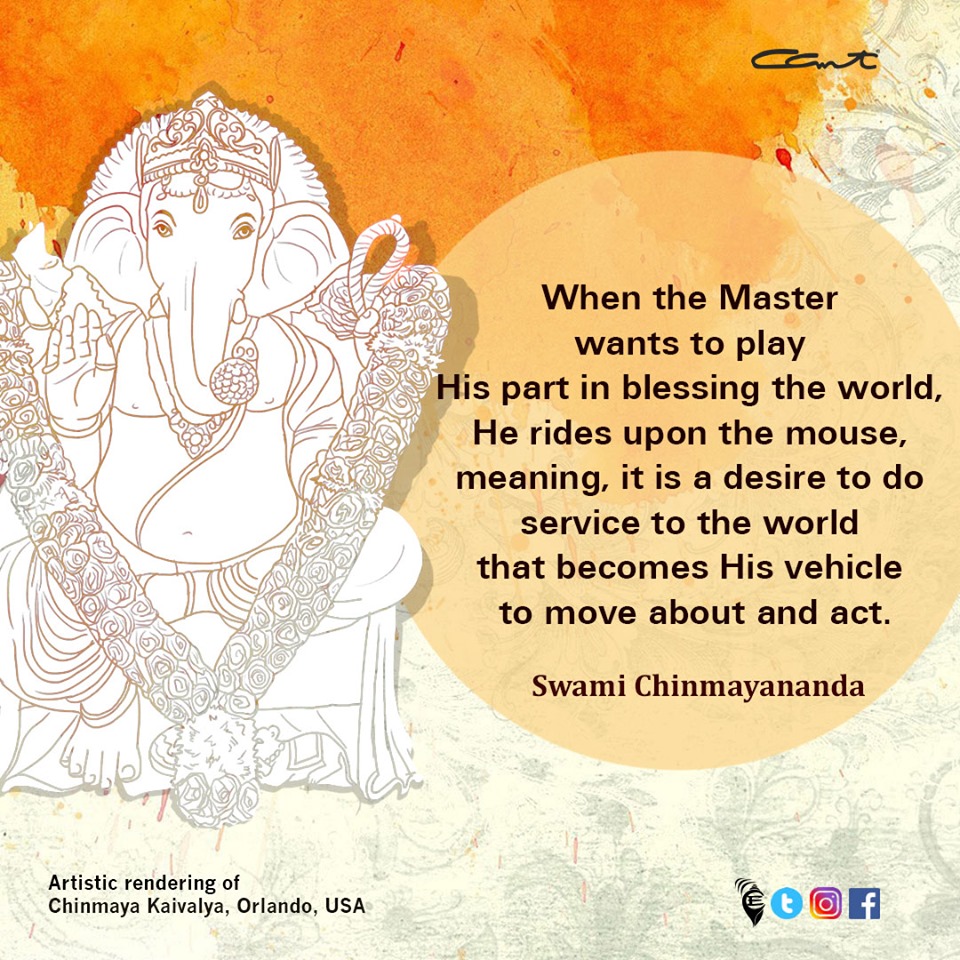Resurgent Culture - Chapter-1.7. - Swami Krishnananda.
===============================================================
==========================================================
Wednesday, December 29, 2021. 6:00.AM.
Resurgent Culture - Chapter-1.7. - Swami Krishnananda.
Discourse 1: The Goal of Life-7.
7. Conclusion :
===========================================================
A great Bharatiya Philasafer once sat contemplating on the problem of human experience, on the methods of arriving at truth, and on the possibilities of confronting errors at every step in this hazardous attempt. Rishi thought: May be that I do not see clearly, nor think rightly. It may be that I am forced by some imp to think wrongly and to observe imperfectly and distortedly. It is likely that nothing that I see or know is certain or capable of being designated as an uncontradictable truth. Everything may be doubtful. I may doubt the existence of my body, of the world or even the validity of the very processes of my thought. There is only a sea of doubt, nothing else. Well, accepting this position tentatively, can I come to the conclusion that the true state of affairs is that there is only doubt, doubt about even my own self, and nothing beyond? Though it may be a fact that I have the right to doubt or disbelieve everything, I have definitely not warrant to doubt that I doubt. The fact of doubting itself cannot be doubted. The doubter is indubitable. The doubter exists as an uncontradictable fact. I am, and this cannot be doubted.
And I know that I am finite. I have an innate feeling that I have to be perfect, that I should achieve unconditional perfection. Naturally, this means that I should be unrestricted and be wanting in nothing. In short, I wish to possess the infinite, and I can conceive of it as an idea. Now, this idea of perfection, of infinitude, has arisen in me, and this idea, being an effect, must have a cause which is at least equal to it. The idea arises from me, and therefore I am the cause of it. The idea, having relevance to the infinite, presupposes my own existence as having a similar relevancy. An idea of the infinite cannot be supposed to arise from a finite cause. I should be essentially infinite. We may give this stupendous Being any name, it matters little. That there is an intimate relation between the essence of the subjective knower and the reality of the objective universe cannot be doubted. In fact the two are one and form a unitary being. Reality is non-dual.
For purpose of clarity in understanding, we may explain the constitution of the universe as in many respects similar to that of our own body. Our body is not an indivisible whole; it is made up of discrete organisms, called cells. Each cell is different from the other, with gap in between, and yet we have a definite feeling that we are one impartite personality. The consciousness that is immanent in us as a single being is responsible for this feeling. Such a feeling expanded to the cosmos would be the feeling of God. This God-consciousness stands opposed to the individual body-consciousness in that the latter has an object to be known outside it, while the former is an integral fullness, a plenum outside which nothing can be. In the assertion of the cosmic I, everything existent or conceivable is included.
A great hymn of the Rig-Veda, called the Purusha-Sukta, or the Hymn of the Cosmic Man, visualises in a grand poetic image the Supreme Being as endowed with thousands of limbs, thousands of heads, eyes, feet, and so on. All that was, is and shall be is said to be comprehended within this Almighty Purusha. The idea behind this majestic vision is that the universe is one body, and even as the different limbs of our body are integrated in our personal and individual consciousness, the different limbs of the universe-including our own bodies—are integrated as sublimated essences in the Almighty, whom we call God, Isvara, the Essence, the Substance, the Reality, etc. A correct understanding of the significance of this concept of truth will at once reveal to us our position in the universe, our relation to others, and our supreme duty in life. What can be a higher duty and a responsibility than to strain every nerve of ours in attaining this consummation of our existence in the Absolute! Where can be a goal other than this for us to achieve in the different walks of our life? Viewed in this way—and there can be no other way worth the name—the foremost duty of the human being is anything that is directly or indirectly connected with the realisation of this highest end. We live for this, we move towards this, and we have our being in this. When we know this, and this feeling enters deeply into our hearts, we live the true life, and we are blessed.
Chapter 1: The Goal of Life Ends here
Next 2: The Psychology of the Inner Man






Comments